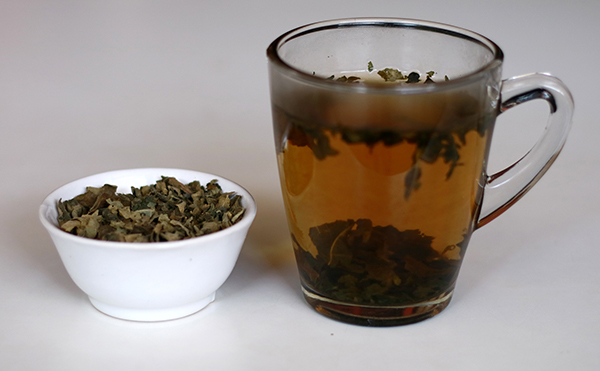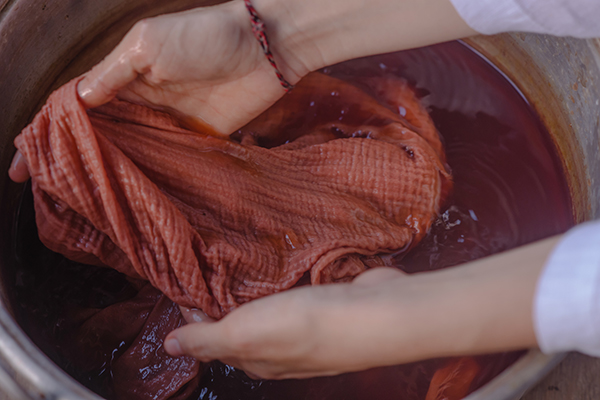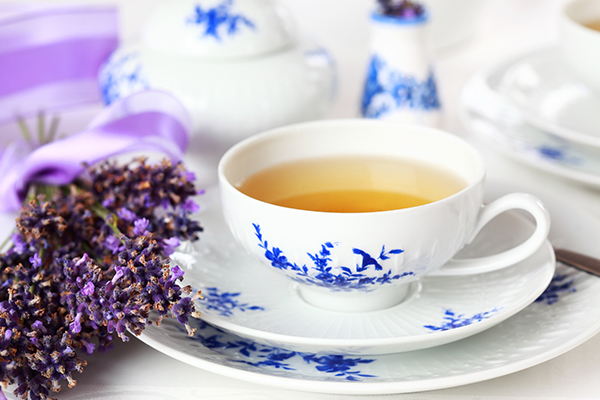Dong Quai Tea: Benefits, Side Effects, and How to Make It
Dong Quai, known scientifically as Angelica Sinensis, is a plant native to China, Japan, and Korea. Its roots have been used in Traditional Chinese Medicine (TCM) for thousands of years. When made into tea, these roots offer a mild, earthy, and slightly sweet flavor. While it is often consumed for its pleasant taste, Dong Quai Tea is more known for its medicinal properties.

Potential Health Benefits of Dong Quai Tea
Dong Quai Tea is a treasure trove of potential health benefits.
Menstrual Health
Dong Quai is sometimes referred to as ‘female ginseng’ because it’s thought to alleviate menstrual symptoms like cramps and irregular cycles. Its potential hormone-balancing effect can contribute to overall menstrual health.
You can also find other teas that help in regulating hormone balance.
Cardiovascular Health
Dong Quai is rich in antioxidants, which help protect the body from free radicals, the harmful byproducts of cellular metabolism. These antioxidants, along with coumarins present in Dong Quai, can help in the reduction of blood pressure, thereby contributing to overall cardiovascular health.
Immune System Support
The polysaccharides found in Dong Quai are believed to enhance the immune system. Regular consumption of Dong Quai Tea could potentially strengthen your body’s natural defenses against common illnesses.
Dong Quai Tea Side Effects
While Dong Quai Tea has various potential health benefits, it is essential to be aware of its potential side effects:
Sensitivity to Sunlight
Dong Quai can make your skin more sensitive to sunlight, potentially leading to skin inflammation or skin damage when exposed to the sun.
Gastrointestinal Discomfort
Some people may experience gastrointestinal discomfort, including bloating, nausea, or diarrhea after consuming Dong Quai Tea. These symptoms are typically mild and temporary.
Interaction with Other Medications
Dong Quai may interact with certain medications, particularly blood-thinning medications. This interaction may increase the risk of bleeding. If you’re taking any medication, it’s advisable to consult a healthcare professional before starting Dong Quai Tea.
Who Should Not Drink Dong Quai Tea?
Pregnant women, nursing mothers, and individuals with bleeding disorders are advised against drinking Dong Quai Tea. It’s also not recommended for those going to have surgery due to its potential effect on blood clotting. Always consult with a healthcare provider if you have any pre-existing medical conditions before including Dong Quai Tea in your diet.
How to Make Dong Quai Tea
Preparing Dong Quai Tea at home can be a simple and rewarding experience:
- Take 1 tablespoon of dried Dong Quai root.
- Boil it in 2 cups of water for 15-20 minutes.
- Strain the tea into a cup.
- Add honey or lemon for taste, if desired.
Remember to follow the manufacturer’s guidelines if you’re using a pre-packaged product.
Final Thoughts
Dong Quai Tea offers an intriguing blend of potential health benefits and distinctive flavor. However, like any herbal remedy, it should be used responsibly, and potential side effects must be kept in mind. Consult with a healthcare provider to ensure it’s suitable for your personal health circumstances.
FAQ
What Does Dong Quai Tea Taste Like?
Dong Quai Tea has a mild, slightly sweet, and earthy flavor. The taste can vary depending on the preparation and the addition of other ingredients.
When Should I Drink Dong Quai Tea?
Dong Quai Tea can be enjoyed at any time of the day. However, some people prefer to drink it in the morning for a gentle start to the day or in the evening to unwind.
How Often Can You Drink Dong Quai Tea?
The frequency of drinking Dong Quai Tea may vary based on individual tolerance and health conditions. Generally, 1-2 cups per day can be consumed. However, always follow the manufacturer’s guidelines if you’re using a branded product.
How Long Can You Drink Dong Quai Tea Safely?
The safe duration of consuming Dong Quai Tea can vary based on individual health conditions. It’s always best to follow the manufacturer’s guidelines or consult with a healthcare provider to understand the safe duration for you.






